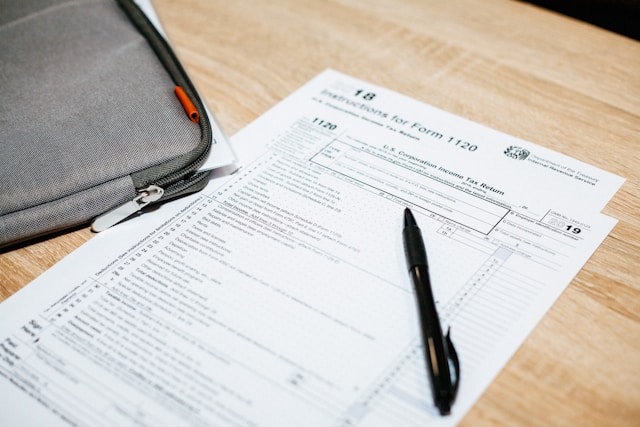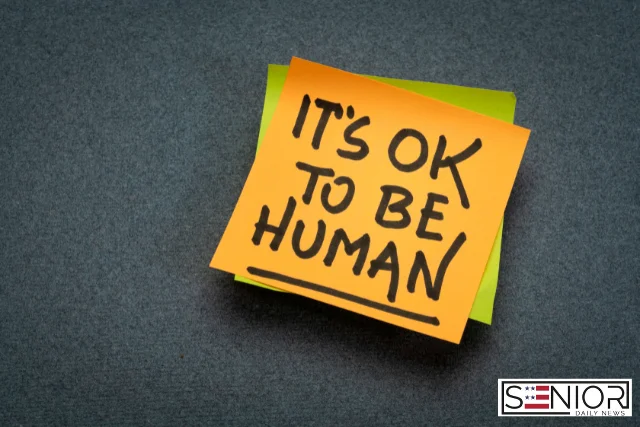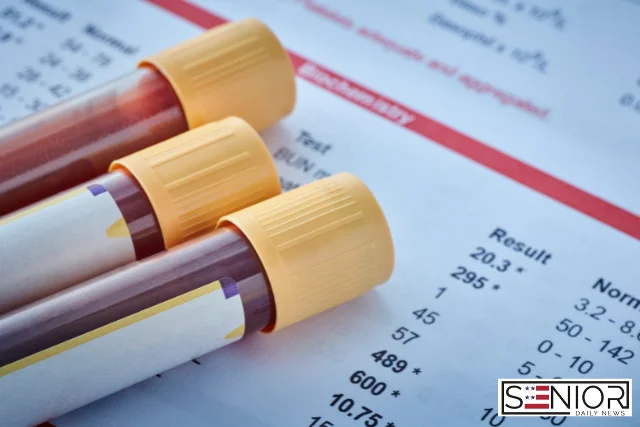How Long Do You Need to Keep Tax Records?

When tax season ends, many of us are left wondering what to do with all the paperwork. Should you keep every receipt, form, and statement forever—or is there a point when it’s safe to let go? Knowing how long to keep your tax records isn’t just about tidying up your files; it’s about staying compliant with IRS rules and protecting yourself in case of an audit.
General Rule: Keep Tax Records for 3 Years
The IRS generally recommends that you keep your tax returns and supporting documents for at least three years from the date you filed your original return or the due date of the return—whichever is later. This is because the IRS has up to three years to audit your return or for you to file an amended return and claim a refund.
But there are exceptions.
When to Keep Records Longer
Here are a few scenarios where you might need to hold on to records beyond the standard three-year period:
1. Six Years: Substantial Underreporting of Income
If you underreported your income by more than 25%, the IRS can audit your return for up to six years. In this case, it’s wise to retain all related tax documents for at least six years from the date you filed.
2. Seven Years: Claiming a Loss for Bad Debt or Worthless Securities
If you’ve claimed a deduction for a bad debt or worthless securities, the IRS recommends keeping those records for seven years.
3. Indefinitely: Fraud or Failure to File
If you filed a fraudulent return or never filed a return at all, there is no statute of limitations. In these situations, the IRS can come back at any time, so you should keep all related records indefinitely.
Other Records to Consider
- Property Records: If you’ve bought or sold property, including real estate or stocks, keep the documents related to the purchase, improvements, and sale for as long as you own the asset plus at least three years after you sell.
- Business Owners: If you run a business, the record-keeping requirements can be more complex. It’s generally recommended to keep all employment tax records for at least four years after the date the tax becomes due or is paid.
Digital vs. Paper Records
You don’t need to keep paper copies of everything. The IRS accepts digital copies of documents as long as they are legible and accurate. Consider scanning receipts and storing them securely in cloud storage or on an encrypted hard drive.
Quick Reference Chart
| Record Type | How Long to Keep |
|---|---|
| General Tax Returns | 3 years |
| Underreported Income (25%+) | 6 years |
| Bad Debt or Worthless Securities | 7 years |
| No Return or Fraudulent Return | Indefinitely |
| Property Records | Length of ownership + 3 years |
| Employment Tax Records | 4 years |






